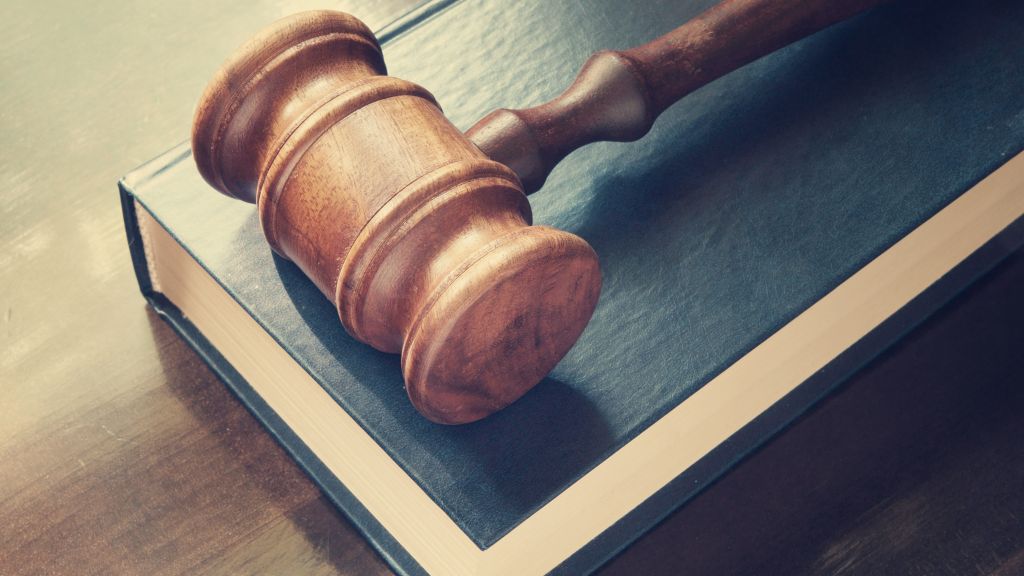Considering the state of emergency declared in the context of the epidemic generated by the spread of coronavirus SARS-CoV-2, we describe hereinafter a few aspects of entailing the contravention or criminal liability, as applicable.
- Legal framework
On 16 March 2020, the state of emergency was established in Romania for a period of 30 days pursuant to Decree no. 195/2020, which set forth the emergency measures for preventing the spread of COVID-19 and facing its consequences.
The natural persons, the legal entities, as well as the public authorities have the obligation to observe and apply the measures established under the decree, the military ordinances and the orders specific to the state of emergency, and the violation of such measures entails the disciplinary, civil, contravention or criminal liability, as applicable.
Also, Emergency Ordinance no. 28 of 18 March 2020 regulates certain amendments to the Criminal Code, for the purposes of punishing the persons that, through their actions, cause other persons to get infected, by seriously affecting their health or causing the death of one or more persons.
- Criminal liability in the context of COVID-19 epidemic
The criminal liability may be incurred by the offender that is a natural person or a legal entity, if the offences were committed in carrying out the object of activity or in the interest or in the name of the legal entity. The entailed criminal liability of the legal entity does not exclude the criminal liability of the natural person who contributed to the offence committed.
Please note!
Any criminal offence committed by a person who took advantage of the situation generated by the state of emergency is, in itself, a circumstance resulting in the increase of the penalties up to the special maximum, to which a penalty increase up to two years may be added, in case of imprisonment, respectively up to a third of the special maximum of the fine.
In the context of the current state of emergency, certain offences already regulated by the Criminal Code were modified, such as false statements and thwarting disease control and a new offence was established under the law, i.e. failure to submit information.
• Thwarting disease control may be committed in one of the following forms, with aggravating circumstances regulated for each of them depending on the effect of the offences upon the health or life of other persons:
- Failure to comply with the quarantine or hospitalization measures ordered for preventing or controlling contagious infectious diseases;
- Failure to comply with the measures for preventing or controlling contagious infectious diseases, if the offence resulted in the spread of such disease (imprisonment from one to five years) – the offence is also punished if committed by negligence;
- Transmission, by any means, of a contagious infectious disease by a person who is aware that he/she is suffering from such disease – the attempt is also punished in such case.
• The offence of false statements preserves the same basic form with the mention that the special minimum of the prison sentence increased from three to six months, whereas the special maximum remained the same, i.e. two years. Additionally, a new form of the offence is established under the law, i.e. committing the offence for hiding the existence of a risk regarding the infection with a contagious infectious disease.
• The failure to submit information consists in the omission of a person to disclose to the medical personnel or the public officers essential information on the possibility to have been in contact with a person infected with a contagious infectious disease, including COVID-19.
- Contravention liability in the context of COVID-19 epidemic
As regards the contravention liability, the failure to observe the measures established under the military ordinances or the orders specific to the state of emergency, if the deed does not constitute a crime, is punished with a fine, as follows:
- a fine ranging from RON 2,000 to RON 20,000, for natural persons, and
- a fine ranging from RON 10,000 to RON 70,000, for legal entities.
Additionally, depending on the nature of the offence, one or several complementary sanctions may be applied, namely:
- confiscation of the goods intended for, used for or resulted from the offence;
- prohibition of the access by applying the seal of the competent authorities;
- temporary suspension of the activity;
- demolition of certain works;
- redoing of certain fit-out works.
Please note!
A possible complaint lodged against the minutes ascertaining the offence does not suspend the enforcement of the complementary sanctions applied.
There are numerous authorities having the competence to apply sanctions according to the provisions of the military ordinances, among which we list: the Romanian Police, the Romanian Gendarmerie, the local police, the National Agency for Fiscal Administration, the National Authority for Consumer Protection, the Romanian Border Police, the General Inspectorate for Emergency Situations and the subordinated structures, the public health directorates and the managers of the local public administration authorities.
To view the article please refer also to the Ro variant in the document below:


































